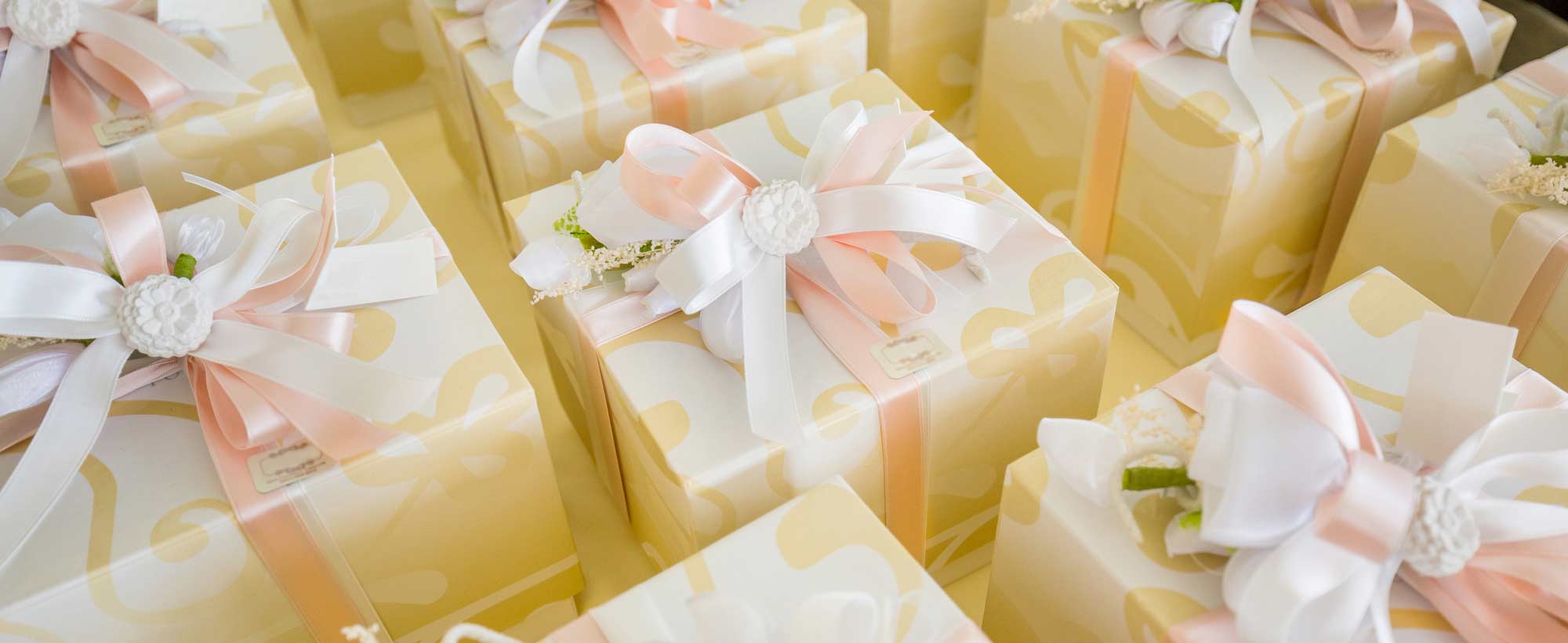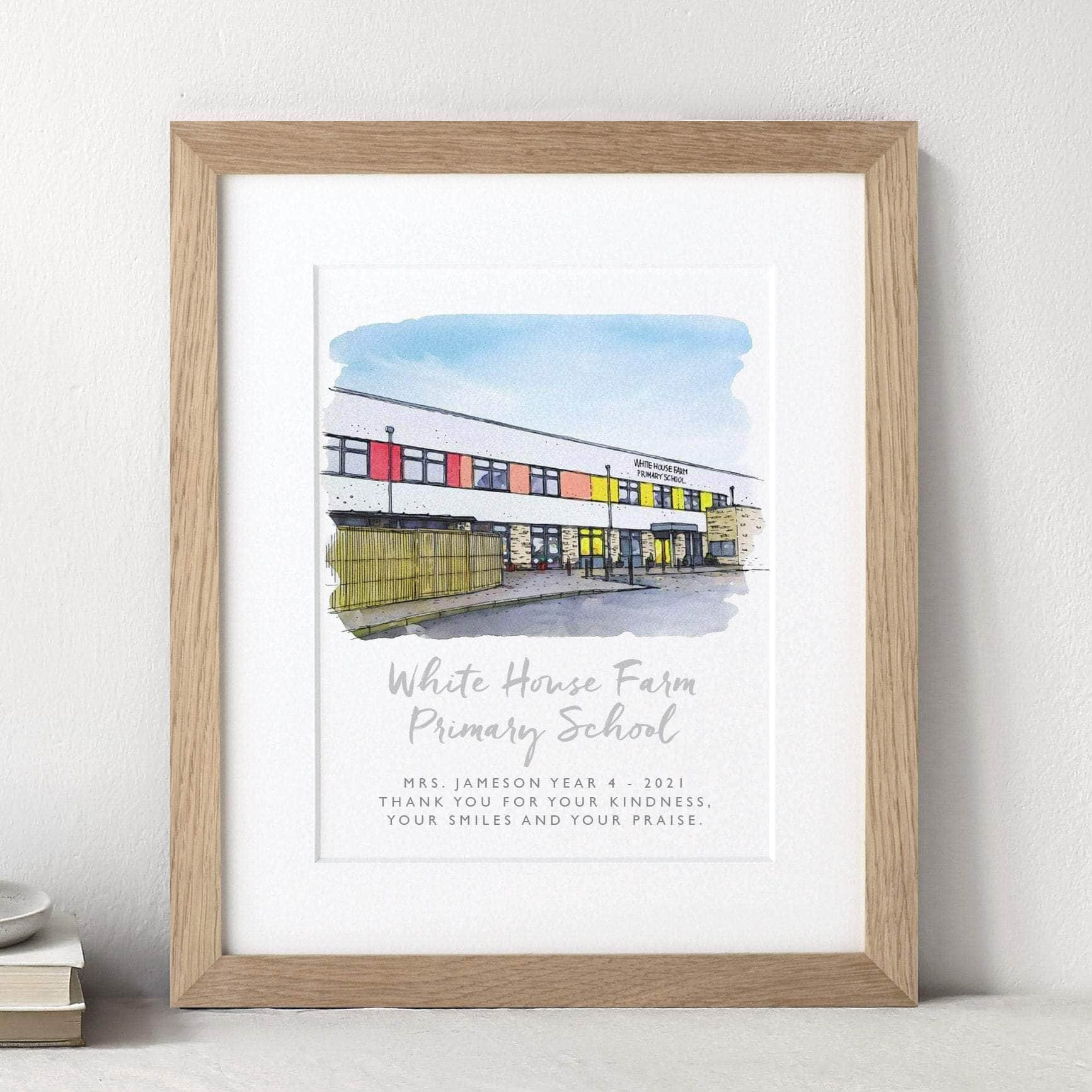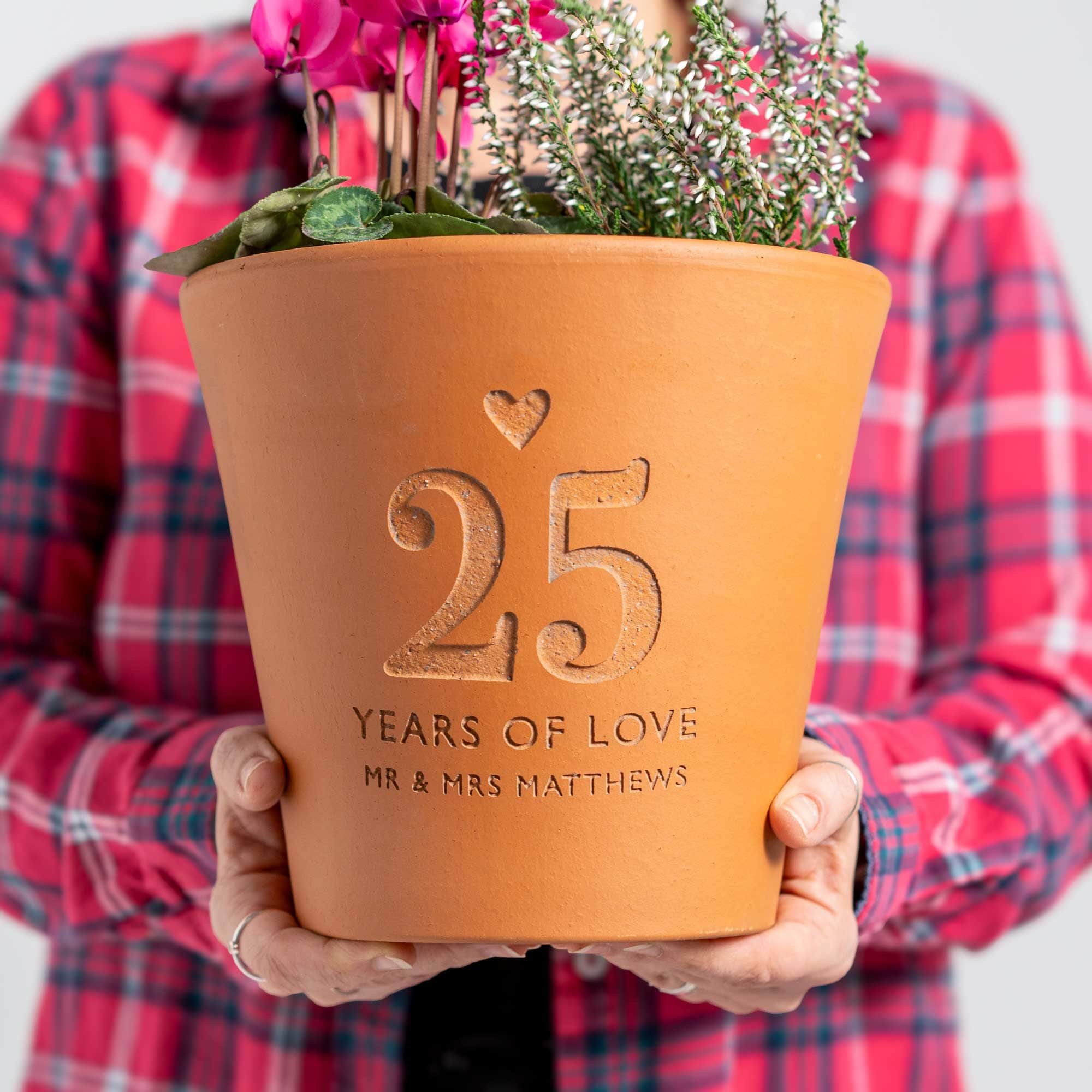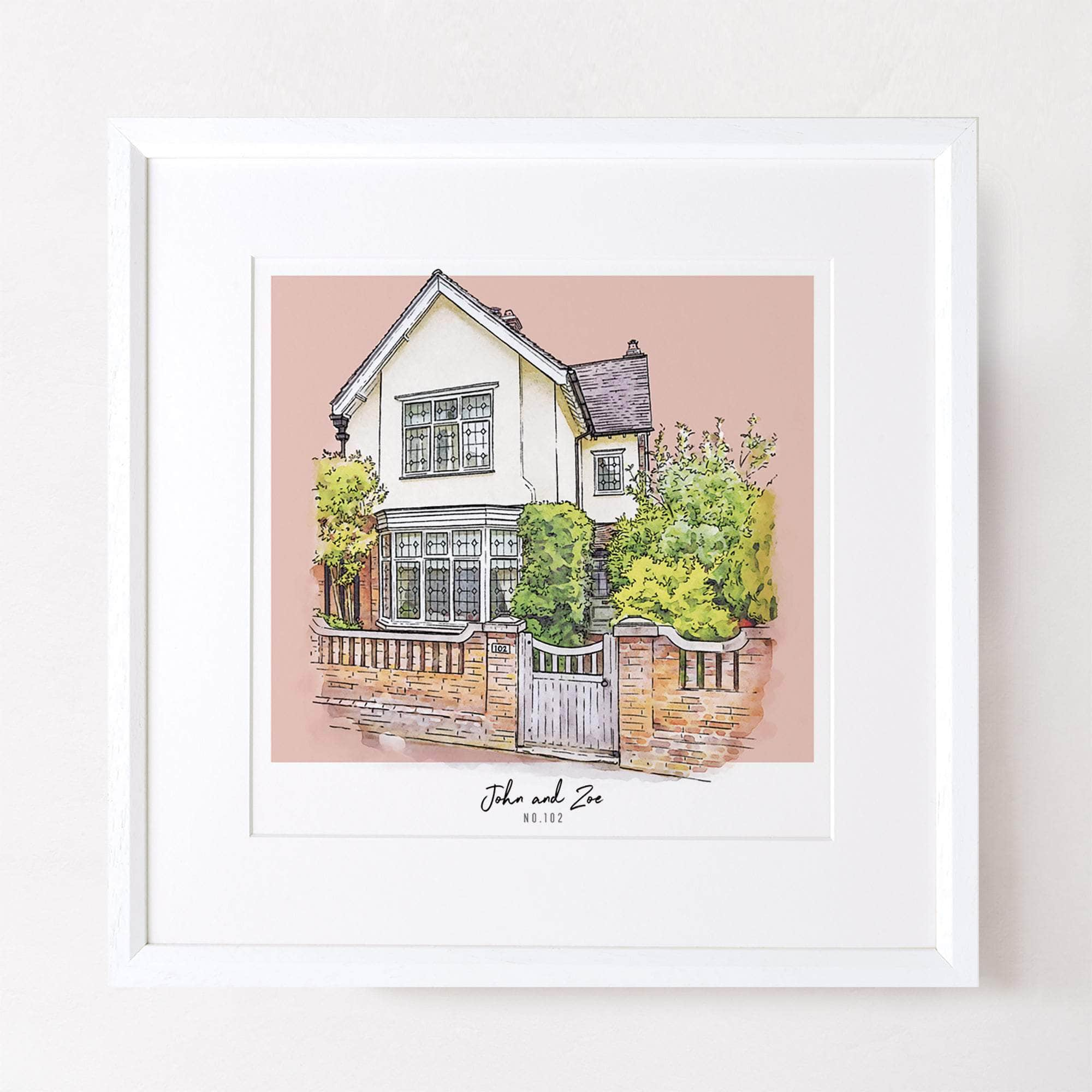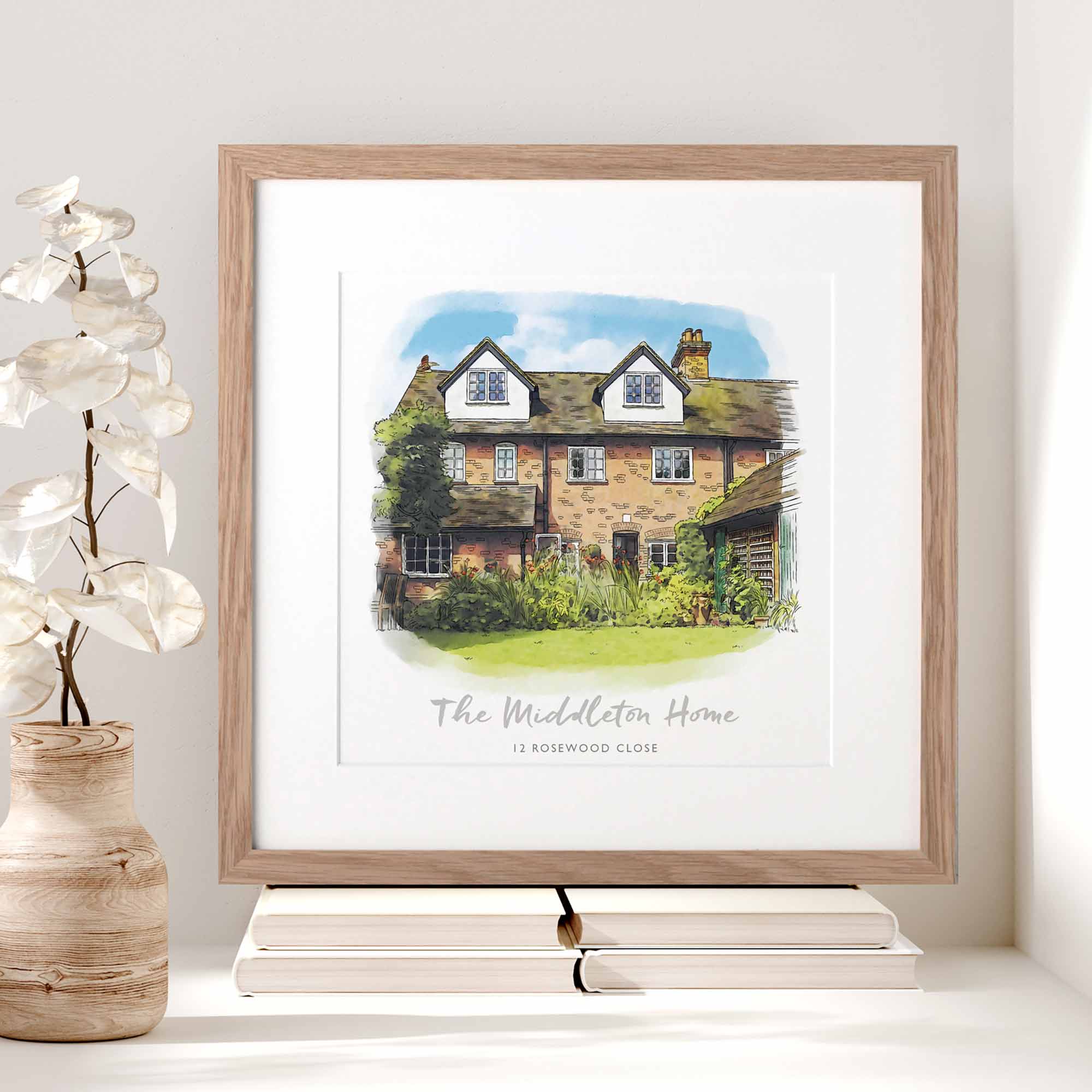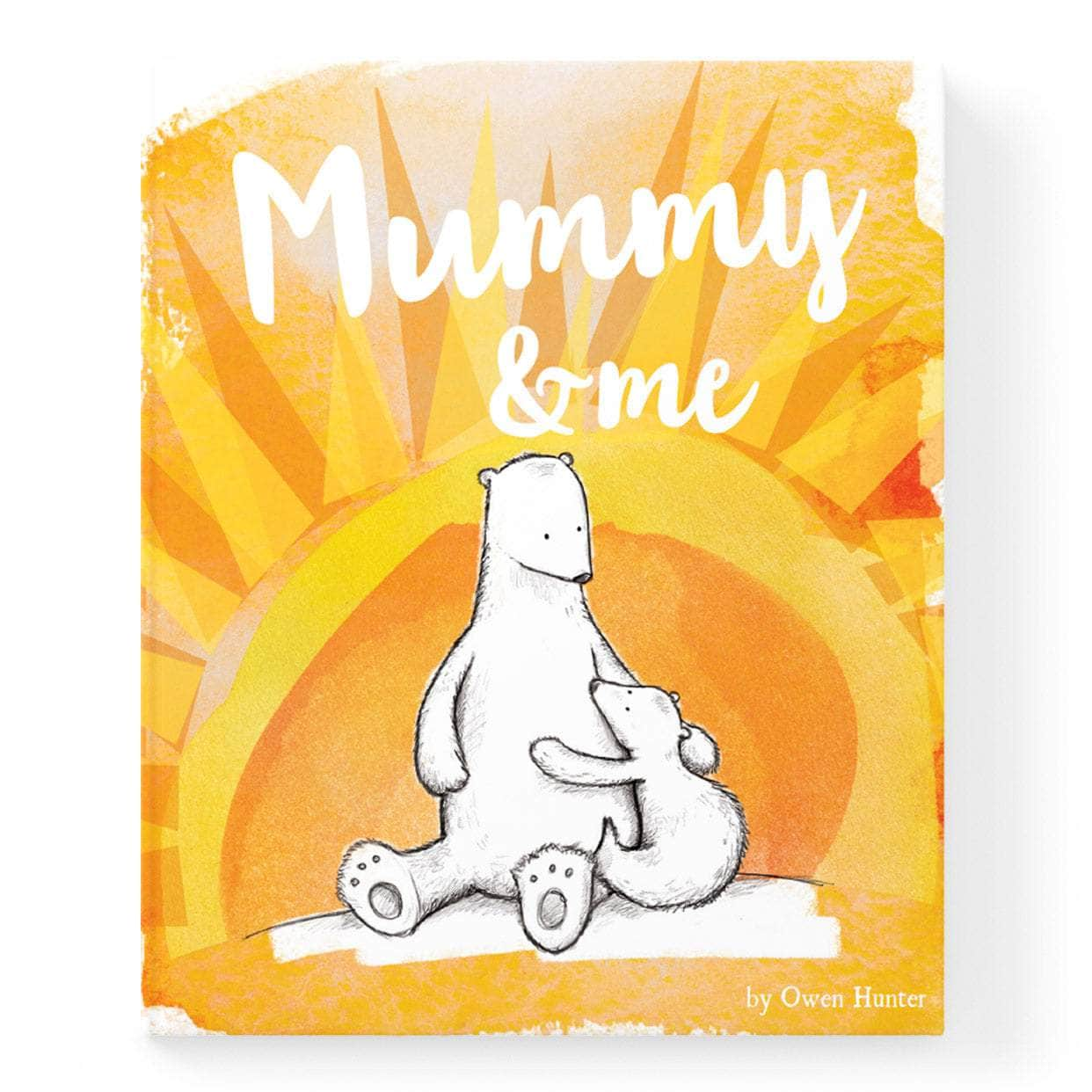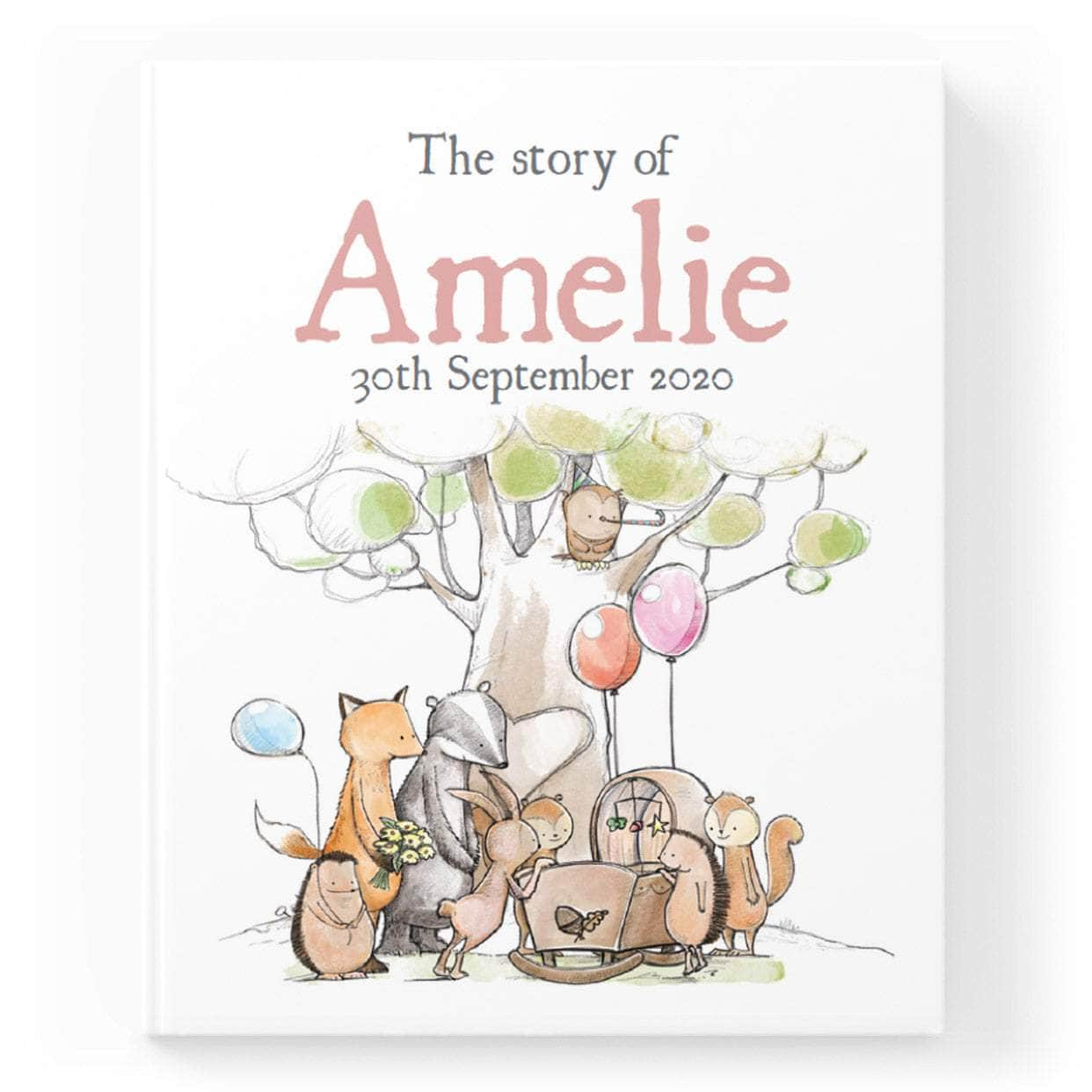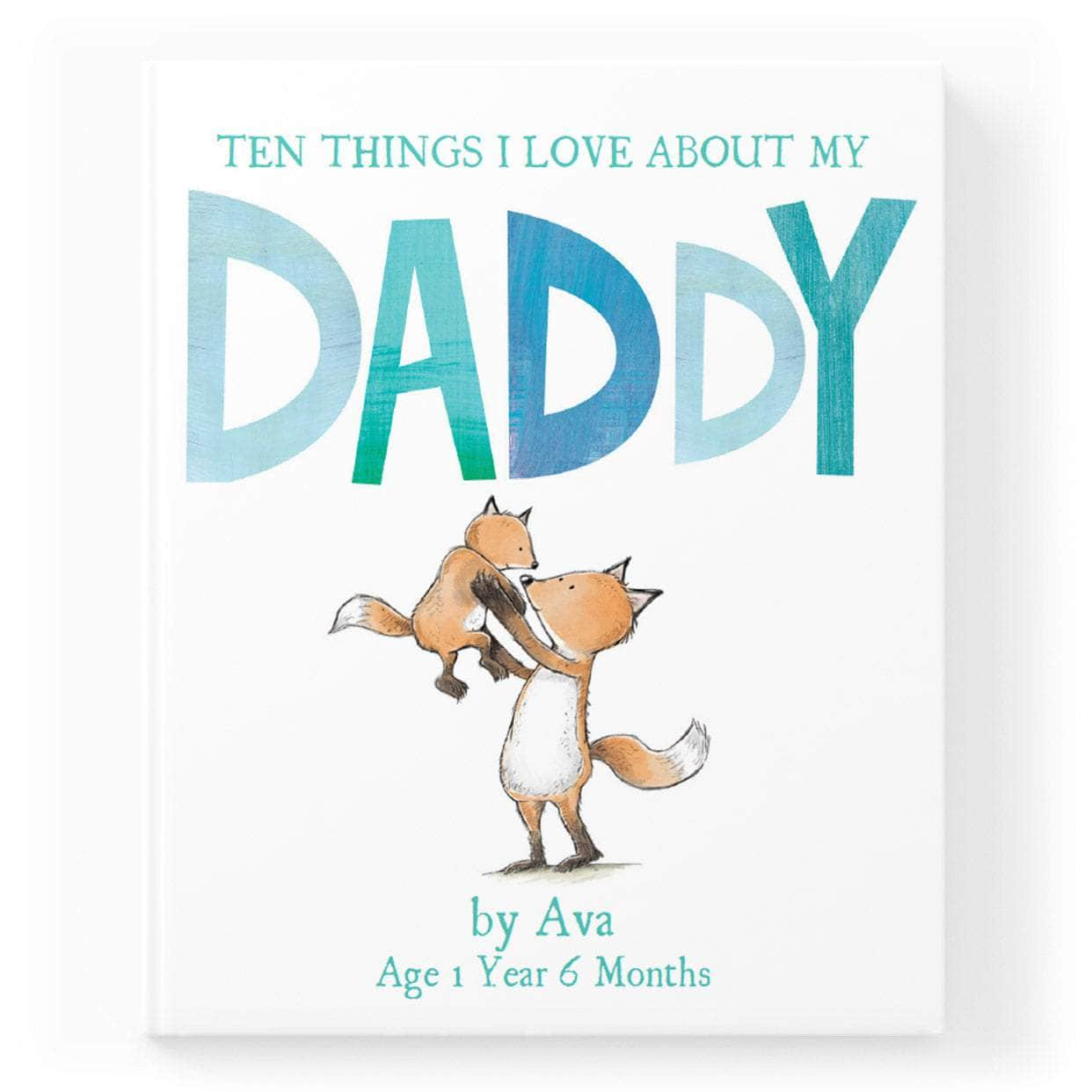Where does Mother’s Day come from and why do we celebrate It?
Today is Mother’s Day - a special time to celebrate and show appreciation for our mums and the wonderful mother figures in our lives.These days, it’s all about flowers, handmade cards from the kids, thoughtful days out, or even a meaningful personalised gift. But while we’re busy celebrating, how often do we stop to think about where this tradition actually comes from?
Mothering Sunday is often mistaken for Mother’s Day, but its history goes much further back. The day’s origins are deeply rooted in religion and tradition. So, we thought we’d take a little trip back in time and give you the full story behind this very special day!
A church tradition
Mothering Sunday dates back to the 16th century and was originally tied to Laetare Sunday, the fourth Sunday of Lent. During this time, people were encouraged to visit their “mother church” - the main church in their area. It was a day of reflection and family reunions, offering a break from Lent’s more serious observances.
For many, this was also an opportunity to return home, particularly for those who worked away as apprentices or servants. These young workers were given the day off to visit their families, often bringing their mothers small gifts, like hand-picked flowers or homemade cakes. This tradition of giving simple tokens of appreciation laid the foundation for the Mothering Sunday we know today.
From family reunions to fading traditions
Over time, the religious aspect of the holiday became less central, and the focus shifted more towards spending time with family. The tradition of bringing flowers and gifts grew stronger, turning Mothering Sunday into a day dedicated to mothers and family gatherings.
However, as industrialisation spread in the 18th and 19th centuries, fewer people lived close to their mother church or even their families. The tradition of returning home faded, and by the early 20th century, Mothering Sunday had become much less common.
The revival of Mothering Sunday
Around the same time, Mother’s Day was gaining popularity in the United States. Founded by Anna Jarvis in 1908, Mother’s Day was intended as a way to honour mothers and their contributions to families. The idea spread quickly, and by the 1920s, it was widely celebrated across America.
Meanwhile, in the UK, Constance Penswick Smith, a vicar’s daughter, saw the decline of Mothering Sunday and wanted to revive it. She campaigned to bring back the holiday but with a renewed focus on family and appreciation for mothers rather than just religious observance. Her efforts were successful, and by the 1950s, Mothering Sunday had made a full comeback - though now with a more modern, family-centred feel, much like the American Mother’s Day.
Mothering Sunday today
Today, Mothering Sunday is celebrated in the UK on the fourth Sunday of Lent, which usually falls in March or early April. Though it still holds some religious significance for those who observe Lent, it has largely become a day to appreciate mums in much the same way as Mother’s Day in other parts of the world.
Some traditions, like giving flowers, can be traced back to the original celebrations when children would pick blooms on their way home. Others, like cards, gifts, and special meals, have developed in more recent years. Many people still attend church services before spending the day with family, keeping a link to the holiday’s origins.
Why it matters
Though its history has evolved, Mothering Sunday remains a day about gratitude, love, and family. It’s an opportunity to pause and appreciate the mothers in our lives, whether through a heartfelt message, a small gift, or simply spending time together.
Whether you’re following centuries-old traditions or just making a cup of tea for Mum, Mothering Sunday is all about showing appreciation for everything she does!
The best mother of the bride gifts she’ll cherish
Weddings come with chaos - and often, a mum who holds it all together. This guide explores thoughtful, lasting Mother of the Bride gifts that go beyond the cliché. Think hand-crafted illustrations, personalised mementos, and thank-you gifts with genuine emotional weight.
What to buy for a 1st wedding anniversary
The first anniversary deserves more than a card. Explore thoughtful paper gifts - like custom portraits and wedding venue art - that tell their unique love story.
7 thoughtful & personalised wedding gifts
Make your wedding gift unforgettable. Discover 7 unique and personalised presents that capture love, laughter, and their journey together - from custom portraits to meaningful keepsakes.


